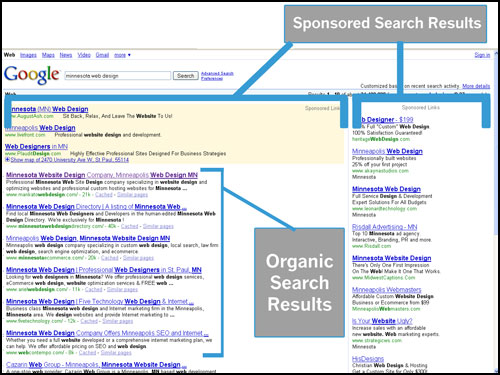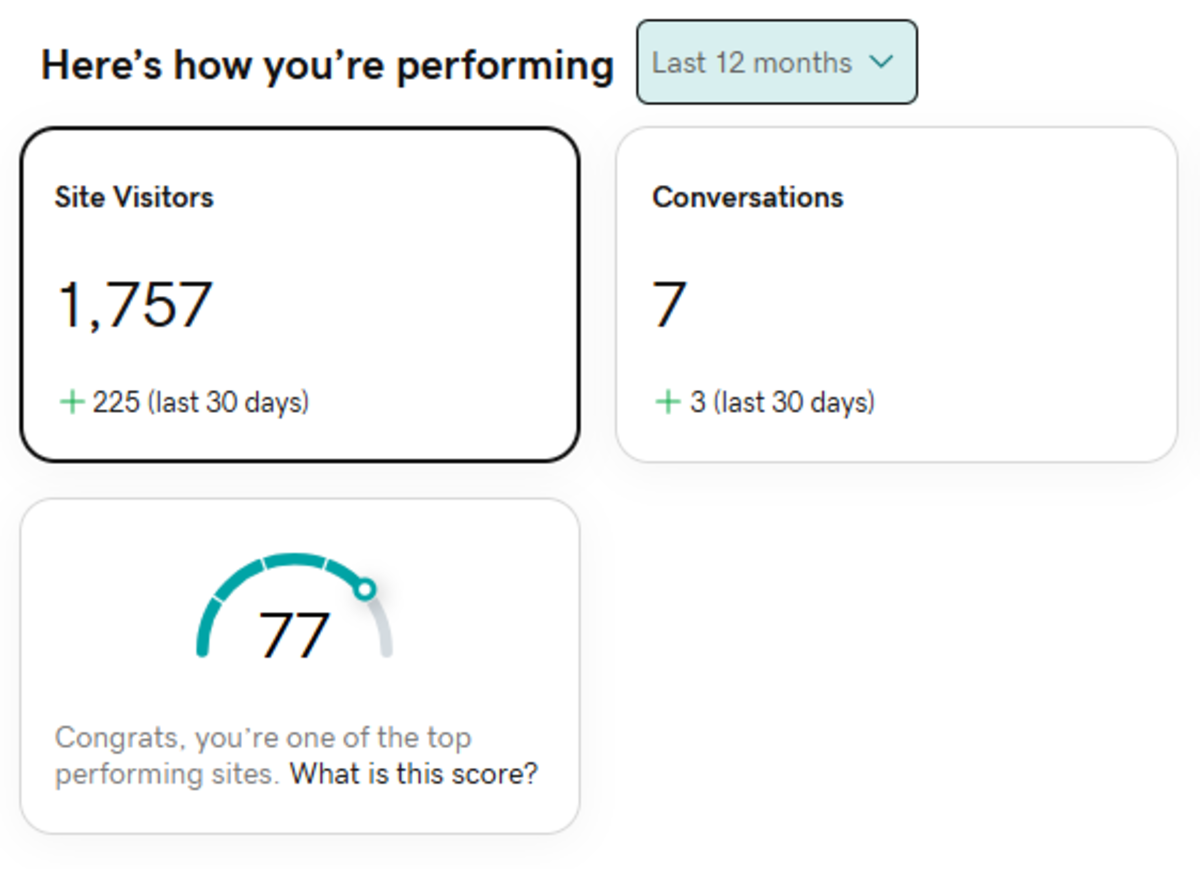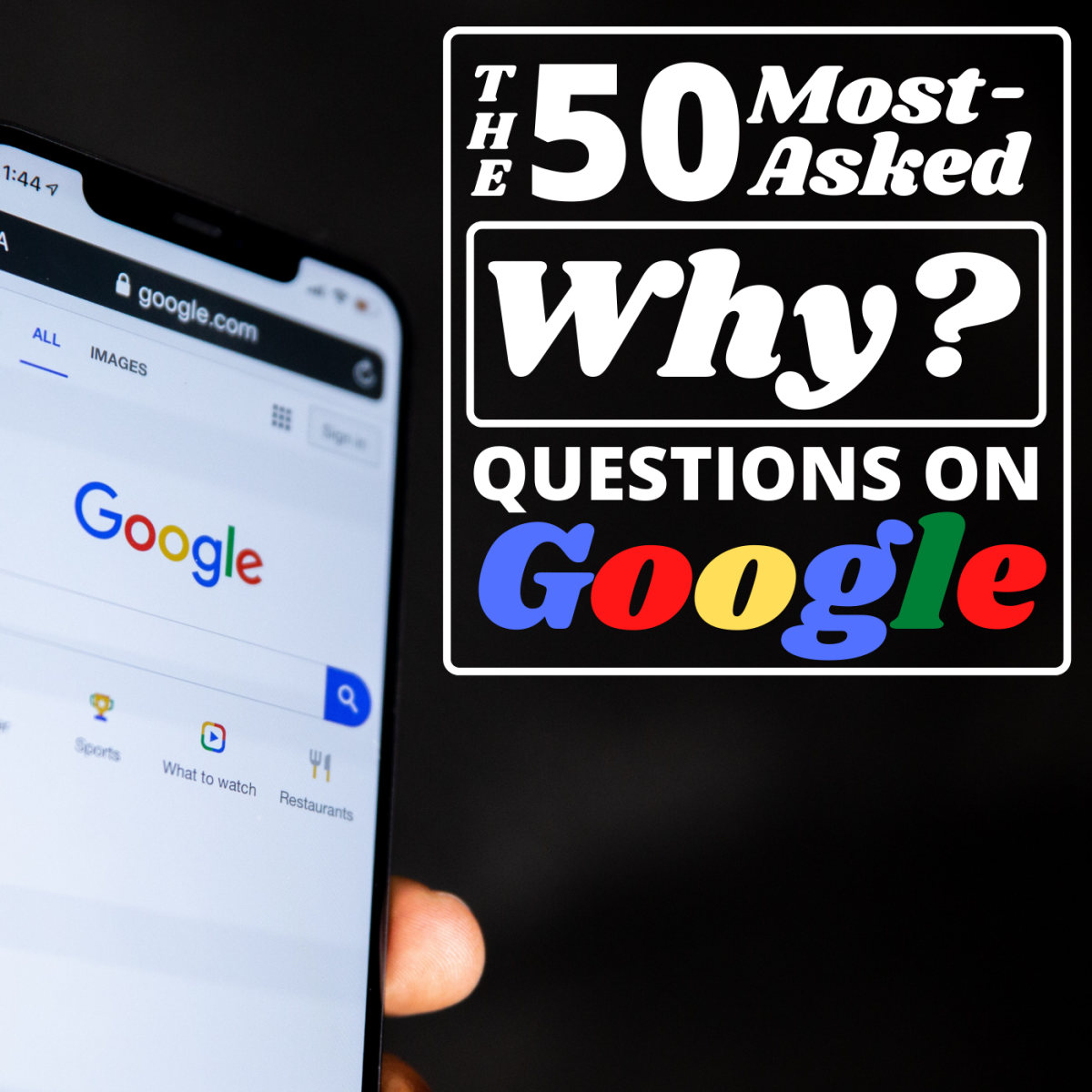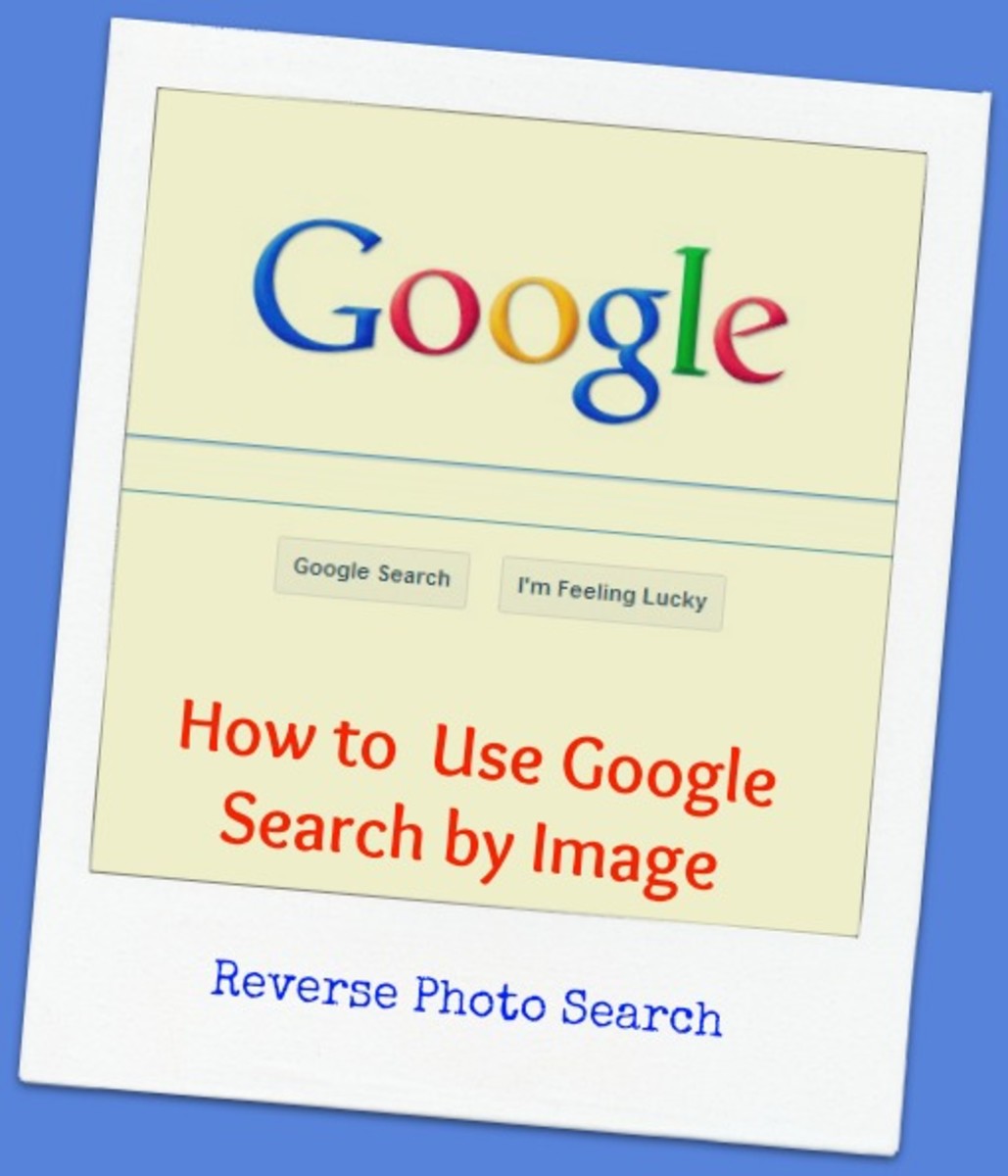Search Engine Optimization Marketing: How Search Engines Work?
Web Marketing & Search Engine Optimization: Understanding How They Work
To understand search engine optimization marketing, you must first understand how search engines work. Forgive me if this sounds very elementary, but so as not to confuse anyone, I want to start from ground zero, so to speak. Once you fully understand the foundation of how search engines work, it will be easier for you to market effectively on the web – no matter what you’re selling.
What Exactly Is a Search Engine?
The best way to describe a search engine is as the Yellow Pages of the internet. They index every site on the web. There are many search engines, but the internet is dominated by three -- The Big 3 -- so to They are: Google.com (by far the most popular), Yahoo.com and MSN.com (Bing).
If you want to find a business on the internet, instead of pulling out a big, thick, yellow telephone book, you log onto your favorite search engine and start typing.
What Search Engines Do
Search engines work to locate information on the internet for web surfers. When you want to find something on the web, you go to your favorite search engine and type in some words. In search engine optimization (SEO) speak, these are known as keywords/keyword phrases.
Two types of results pop up when you type in these phrases: organic results and paid (sponsored) results, illustrated in the graphic to the right just below. The results that pop up are what the search engine in question thinks are the most relevant – of the billions of web pages on the internet – to what you’re looking for.

Search Engine Optimization Marketing: When Your Budget Is Low or Nonexistent
When using search engine optimization marketing – especially if you have little or no money to do, for example, a pay per click campaign -- you want to be as high up in organic* results as possible. Why?
Because most web surfers don’t look past the first three pages of results returned, according to an April 2008 survey reported by eMarketer.com, an industry leading analyzer and researcher of online and digital media businesses.
The survey found that:
Nearly seven out of 10 respondents said they clicked a search result within the first page of results, and 92% clicked a result within the first three pages of search results. . . . fewer search engine users surveyed were willing to click results past the third page . . . .” [Source: eMarketer.com, Searching for SEO: Searchers prefer organic results]
So, in your search engine optimization marketing efforts, how do you get on the first few pages of results? This is where SEO gets interesting.
All most internet users know about search engines is how to find stuff using them. But, if you’re going to start pouring money into marketing on the web, then you must go a step further and learn how search engines operate. Specifically, how they find and rank sites.
*What is organic traffic?
Organic traffic is, in essence, “free traffic;” it’s any traffic that comes to your site that you didn’t pay for, (eg, pay per click ads).
Search Engine Optimization Marketing: How Search Engines Find and Rank Sites
Search engines find and rank sites by using what’s known as spiders or robots (aka bots). They troll the web, cataloguing sites as they find them. HOW they catalogue sites is key to ranking well. This is known as search engine optimization.
Let’s say you have an offline store that sells antique dolls. A (keyword) phrase you’d probably want to rank well for is “antique dolls”. If someone types in that phrase, you’d want to be on the first few pages of results, that way they’d click through to your site and buy something.
So how do you get there? How do you get on the first few pages of results? Well, by helping the spiders/bots categorize your site properly. IE, by having a website that is search engine friendly.
This means having it properly “optimized.” It’s like going to the video store to rent a DVD. If you want a horror flick, you’d go to the horror section, NOT the romance section. You do certain behind-the-scenes things (ie, optimize your site) to help search engine spiders put your site in the right category.
What are these behind-the-scenes things?
Search Engine Optimization Marketing: 4 Easy Ways to Make Your Site Search Engine Friendly
To learn how to make your site search-engine friendly so that it shows up high in search results, read the hub, Free SEO Promotion Tips for Online Marketers, Freelance Writers & Small Biz Owners. It outlines four things you should do to every page on your site to make it easier for search engines to return it in search results.








